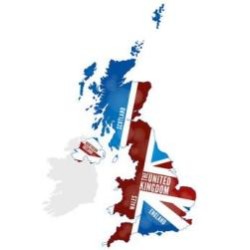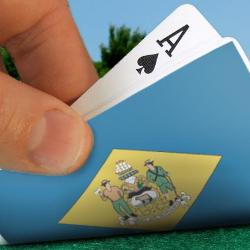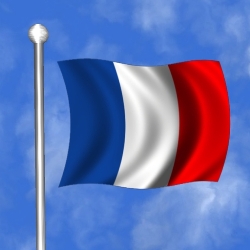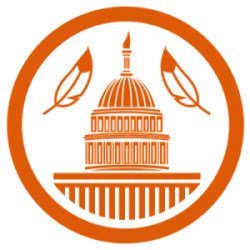UK Regulations Impeding Unregulated iPoker Sites

Late in 2014, the UK Gambling Commission (UKGC) enforced an entire new set of regulatory definitions in which internet gambling operators were instructed to pay a Point of Consumption Tax (POC) rate of 15%, and obtain a unique gambling license from the United Kingdom. If they didn’t like these terms and conditions, they were told in no uncertain terms that they could take their business elsewhere. At the time, however, there was a great deal of speculation as to whether these new regulations would prove effective, but now concerns have been allayed after the UKGC published a report stating that they have in fact proven a great success.
New Regulation A Great Success
After the new regulations were introduced, amongst the UK’s chief concerns was that companies would take their business elsewhere, or perhaps decide to operate illegally without an approved iGaming license. Nevertheless, the 2014-15 UKGC report, entitled ‘Annual Report & Accounts’, has stated that there is no evidence to suggest that any illegal activity was taking place, or would take place in the near future. While a number of smaller operators were initially found to have been operating illegally, once they were instructed to cease trading they did so immediately. Still others who failed to comply actually found themselves cut off from accessing the British markets via advertising platforms and main payment providers. As a result, now 100% of the domestic remote markets is regulated by the UKGC, as opposed to the 15% that it regulated before these new rules came into play, and legislation were enforced. As the latest UKGC report explains:
“As far as unlicensed activity is concerned we have found no evidence of the threatened move underground or emergence on any scale of illegal websites targeting Britain. Of the small number of illegal operators identified, some responded immediately to our request to stop operating, while others have been cut off from accessing the British market by the main payment providers and advertising platforms.”
UK’s Non-Ring Fenced Market
Online poker markets in European countries such as Spain, Italy, and France, have been struggling enormously since regulation, with many gaming analysts believing this is partly down to the restrictive regulatory frameworks adopted by these countries. One major differences is the fact the UK allows its online poker players to compete against players from all around the world, whereas other important European countries have, instead, decided to ring-fence their players. This, of course, is a ludicrous situation as unlike typical casino gambling games, poker needs good liquidity in order to create a viable sized player pool, complete with good sized tournaments, attractive cash game action.
In fact, the iPoker market has declined over the past few years that President of French online gaming regulator ARJEL, Charles Coppolani, labeled poker a “fad“, and claimed that the online poker market was now mature.” Italy, however, doesn’t seem ready to give up on the game just yet, and is now considering opening its player pool to other regulated markets. As gaming lawyer Giulio Coraggio explains:
“The online poker market is facing considerable difficulties worldwide and in countries like Italy, Spain, and France the impact of such crisis might be even higher given that they are closed loop markets. But if poker international sharing liquidity will be allowed, the scenario might considerably change.”
Lower UK iGaming Taxes
As mentioned, the UK imposes a 15% tax on all gross gaming profits, which is far more favorable than the higher corporate tax rates levied by other major European markets, such as Italy (27.5% ), or France (33.3%), not including variable rates. Consequently, both operators and potential players alike have been put off the market, and have turned to black market games, instead, with up to 50% of players from Italy, Spain and France, currently playing on unlicensed iPoker sites. Naturally, unlicensed operators won’t have any business taxes to pay, so from that perspective it’s easy to understand why black market poker websites in these countries are so appealing. Experts therefore believe that rather than increasing tax rates, rates should instead be lowered, with more ring-fenced markets being opened, which would then have a much more positive effect on the online poker market’s viability.
Lessons For The US
The USA’s three regulated iPoker states, namely Delaware, New Jersey, and Nevada, have all proven that one of the most effective strategies for clamping down on black market iPoker activity is to adopt viable online legislation, just like in the UK. Many believe that the most effective route would be for the US government to pass a federal law governing the game, which all other states could subsequently have the option to pursue. In the meanwhile, states have to pass legislation depending upon the UIGEA’s reinterpretation, but the good news is that both Pennsylvania and California look to be on the verge of regulation. Certain financial and political issues, however, could prevent this from happening as soon as many people may have hoped.










